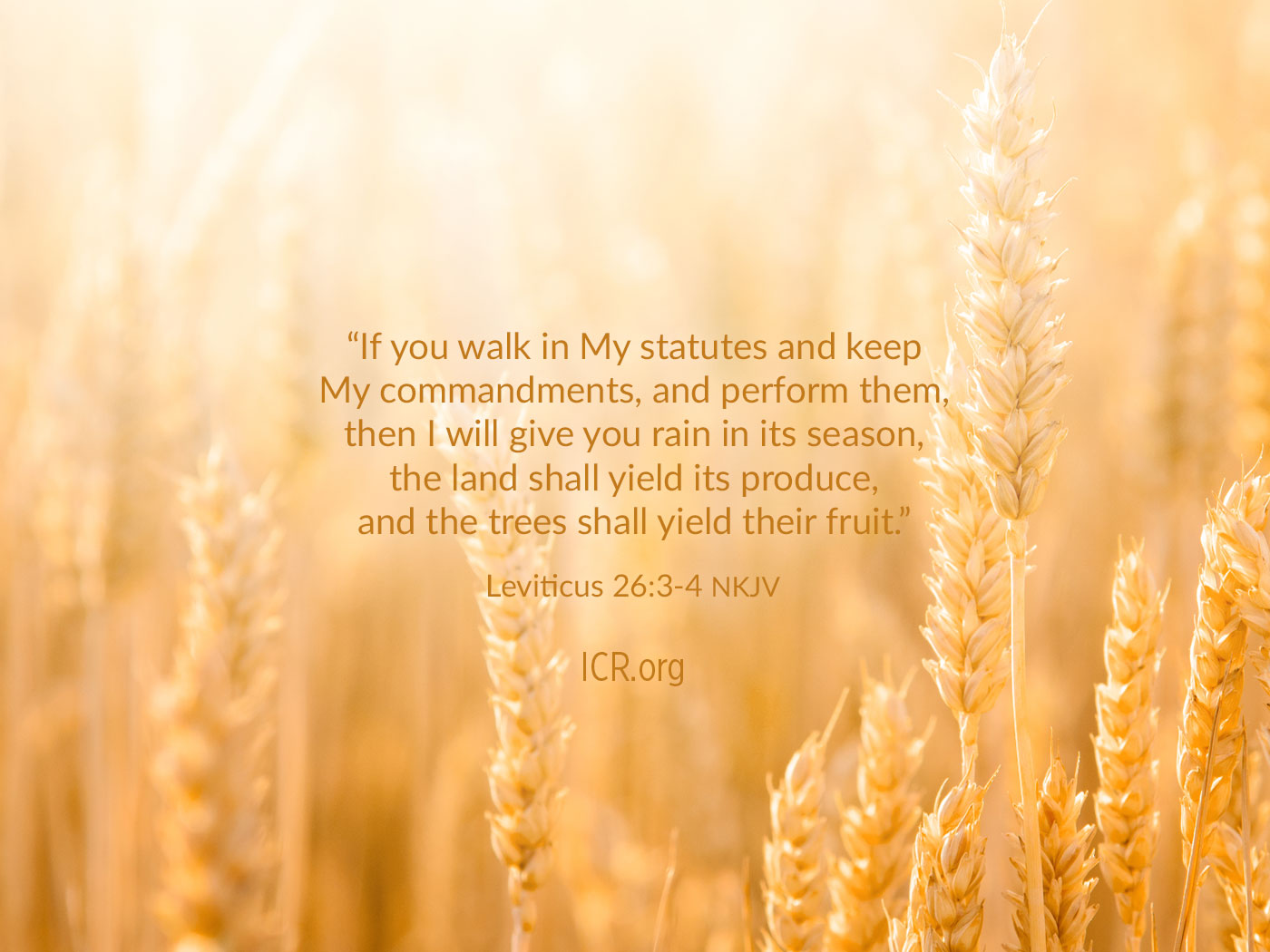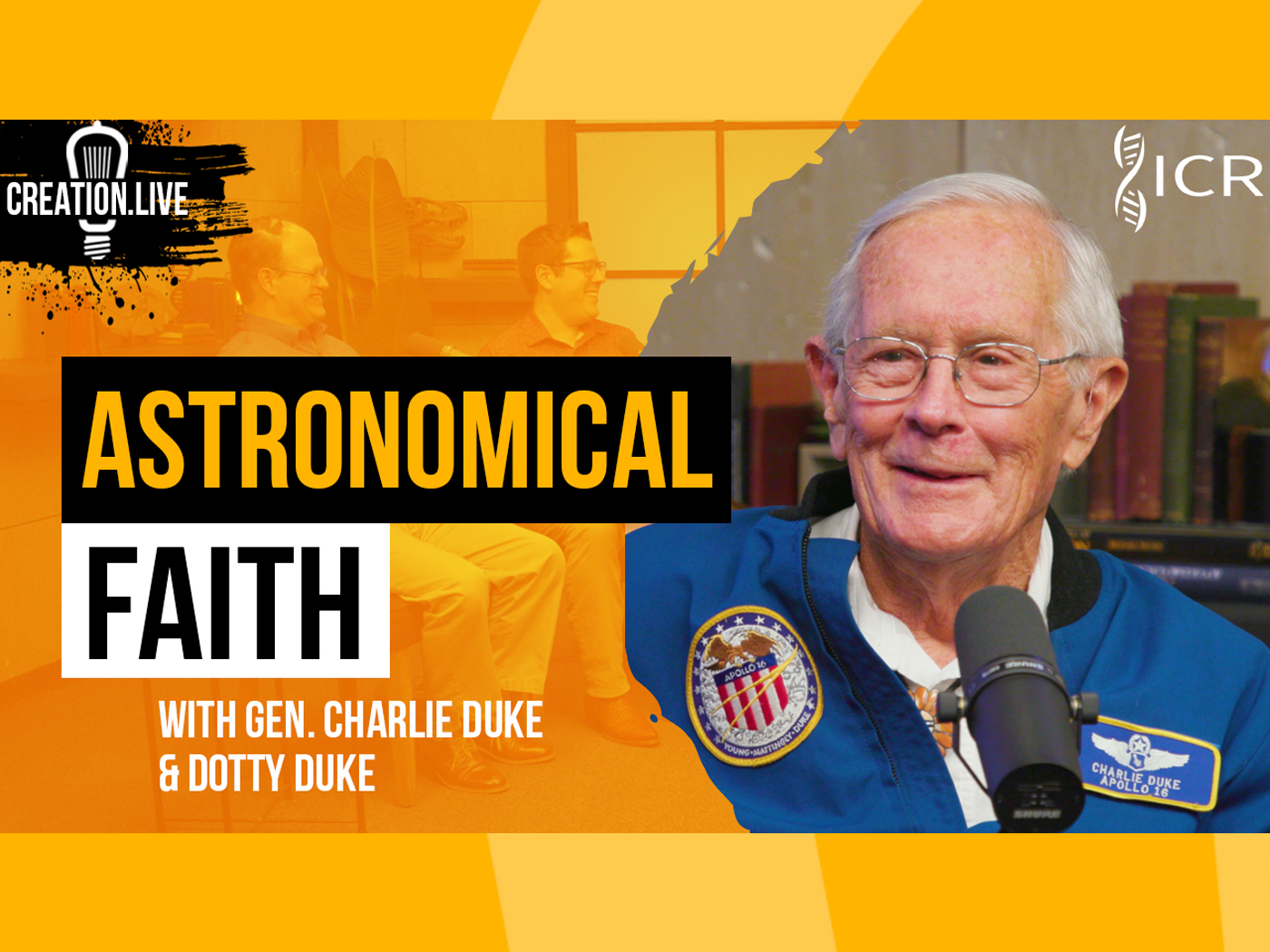“And all the days that Adam lived were nine hundred and thirty years: and he died” (Genesis 5:5).
Eight times in Genesis 5 the phrase, “and he died,” is recorded. Eight astonishing tombstones: Adam (v.5), Seth (v.8), Enos (v.11), Cainan (v.14), Mahalaleel (v.17), Jared (v.20), Methuselah (v.27), and Lamech (v.31). These men lived amazingly long lives (six over 900 years), yet they died! Why?
The first reference to death in the Bible is Genesis 2:17: “But of the tree of the knowledge of good and evil, thou shalt not eat of it: for in the day that thou eatest thereof thou shalt surely die.” Before this, God had brought forth a great explosion of life in the six days of creation. But to Adam came the ominous warning about death. It was a clear command that Adam later on deliberately disobeyed (Genesis 3:6). The probable question in Adam’s mind from that point was, “Did God mean what He said?” Eventually Adam died and so did all those who followed him, and so do we! “The wages of sin” is still death (Romans 6:23).
Death basically means separation. Physical death is the separation of the soul from the body; spiritual death is the separation of the soul from God; eternal death is the separation of the soul from God eternally. If the Lord tarries, we all will die physically, but we do not have to die eternally. “The gift of God is eternal life through Jesus Christ our Lord” (Romans 6:23). “He that hath the Son hath life” (I John 5:12). There is one, however, who escaped death in Genesis 5, and that is Enoch. “Enoch walked with God: and he was not; for God took him” (5:24). He went directly into the presence of God without dying. It would be wonderful if we, like Enoch, would also be taken up to be with the Lord and bypass having a tombstone like all of those who have preceded us! NPS

























